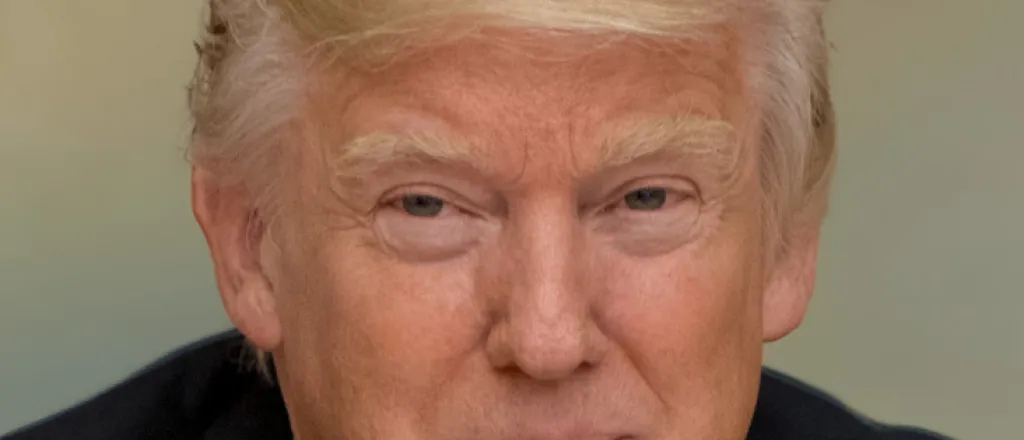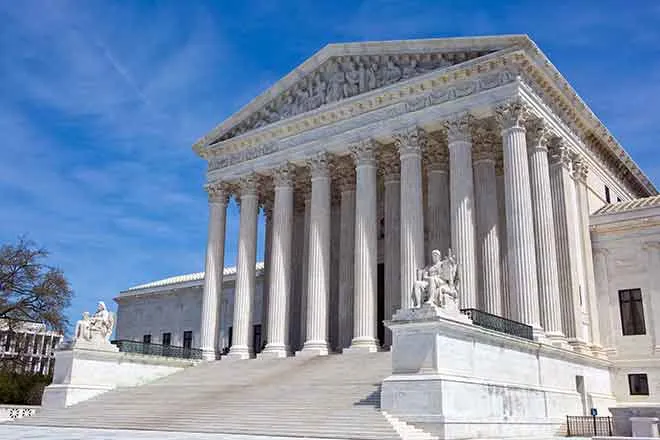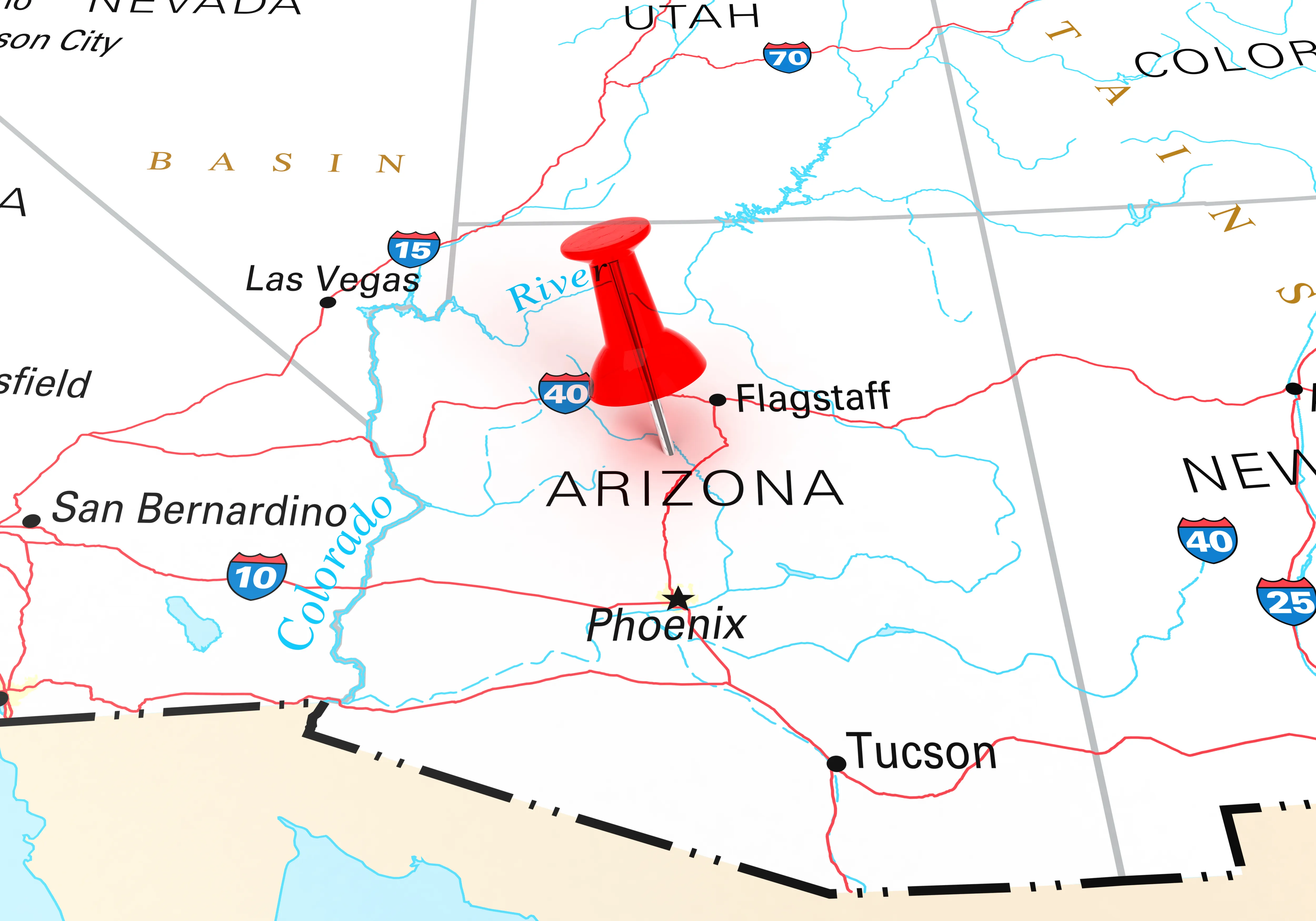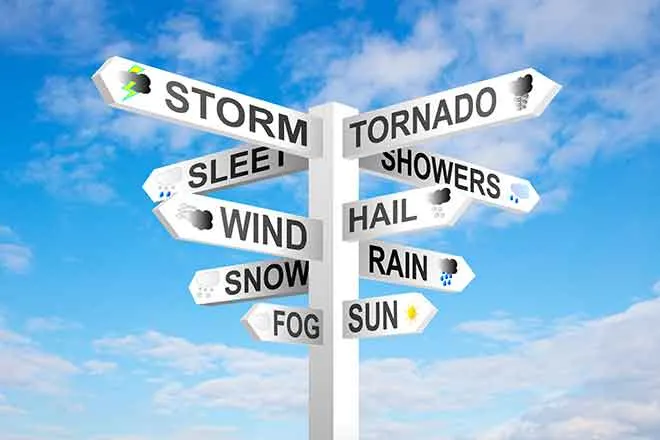
Arguments heard in Minnesota case on Trump's eligibility for 2024 ballot
(Minnesota News Connection) The Minnesota Supreme Court heard arguments last week in a high-profile case that involves efforts to keep former President Donald Trump off the state's primary ballot. It mirrors similar efforts elsewhere in the country over his actions on Jan. 6, 2021.
One key question tied to the case is whether Trump is responsible for inciting the insurrection, and if those actions conflict with a clause under the 14th Amendment.
David Sturrock, a professor of political science at Southwest Minnesota State University, said another question is whether states have the authority to make the determination - and whether they want to set a major precedent.
"The courts generally err on the side of allowing voters to have choices," said Sturrock. "They're reluctant to tell voters or election officials, 'No, you can't include a candidate's name on the ballot.'"
He said that factor weighs heavily, while acknowledging these are uncharted waters and that it's reasonable to question Trump's actions on January 6.
Court observers have said the justices appeared skeptical of the arguments from petitioners. Their attorneys have contended Trump engaged in rebellion against the U.S. Constitution and that the 14th Amendment is worded to keep "insurrectionists" from taking office again. A similar case is unfolding in Colorado.
According to Sturrock, another thing to consider is the potential fallout if the courts side with the plaintiffs who want Trump removed from the ballot.
"It makes it all the easier the next time for either party to come after a member of the other party on trumped-up charges," he said. "And the easier you make it to use a tool, the more likely the more hotheaded members are to use it."
He said that's evident now in Congress, as some members try to censure their colleagues over matters not deemed worthy of such discipline. Sturrock said another challenge facing petitioners in Minnesota is a time crunch ahead of the primaries, especially if these cases wind up before the U.S. Supreme Court.

















